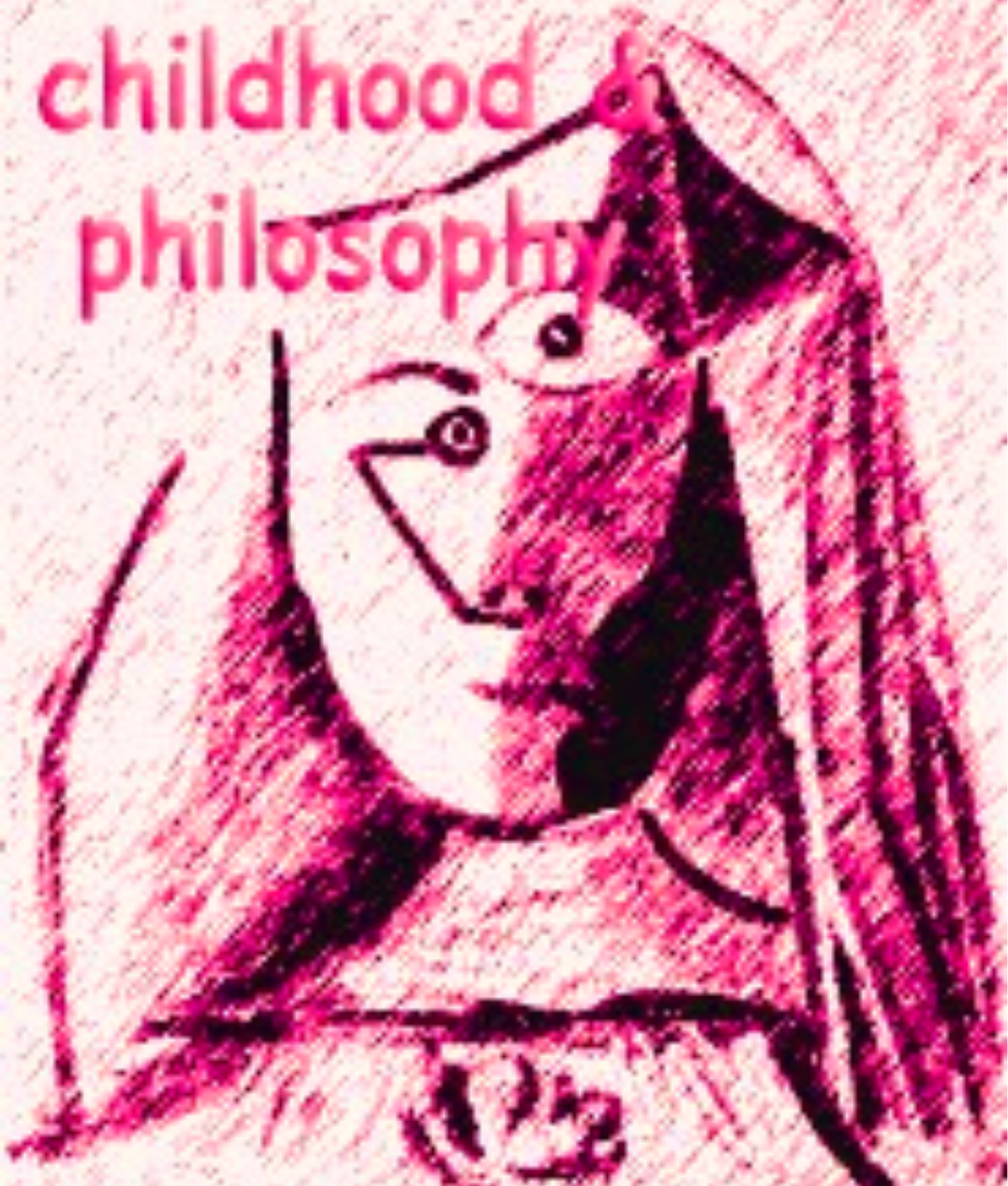el caso de filosofía para niños en las escuelas kenianas
DOI:
https://doi.org/10.12957/childphilo.2022.62890Palabras clave:
filosofía para niños, educación de valores, comunidad de investigación, currículo basado en competencias.Resumen
La importancia de la educación basada en valores para el desarrollo del carácter y la inculcación de actitudes de ciudadanía ética en las escuelas kenianas nunca será enfatizada en demasía. En el pasado reciente, los casos de comportamientos poco éticos entre niños que asisten a la escuela primaria y aquellos que se han graduado de este importante segmento de la educación han ido en aumento, a pesar de las varias intervenciones del gobierno keniano para integrar preocupaciones relativas a los valores en el plan de estudios. Desde 2020, se ha producido un fuerte aumento de los casos de incendios provocados por estudiantes en los centros de enseñanza de Kenia. Desde la independencia, el gobierno de Kenia adoptó un enfoque indirecto de educación en valores que aboga por la integración de los valores dentro del plan de estudios regular. Esta estrategia parece poco efectiva debido al aumento de los casos de indisciplina entre los alumnos. Este estudio pretende examinar la aplicación de la Filosofía para Niños (FpN) como arquitectura para implementar la educación basada en valores y hacer realidad el capítulo seis de la Constitución de Kenia, ya que los valores que la FpN pretende fomentar son muy coherentes con los de la Constitución keniana. A través de la FpN, el sistema educativo keniano puede alcanzar su objetivo de preparar ciudadanos responsables y éticos con una alta integridad moral. El capítulo seis de la Constitución keniana ha establecido los principios fundamentales de Liderazgo, Integridad y elementos de ciudadanía ética. El mismo dicta el código de conducta para los funcionarios del Estado y la ciudadanía responsable. A través del Currículo Basado en Competencias (CBC), el Ministerio de Educación busca inculcar estos principios en los alumnos a una edad temprana.
Descargas
Citas
Castleberry, J.B. and Clark,K.M. (2020). Expanding analytic teaching and Philosophical Praxis.New York: Routledge.
Gregory, M.R.; Haynes, J. And Murris, K. (2017). The Routledge handbook of Philosohy for Children. New York: Taylor & Francis.
Golding, C. (2010). “That’s a better idea “Philosophical progress in Philosophy for Children. Melbourne: University of Melbourne.
Grima,G.( 2019).What is quality education? Retrieved July 2, 2019 from https:// timesofmalta.com/articles/view/ what-is-quality-education.234848
KICD (2017). Basic education curriculum framework. Nairobi: Government Printers.
Lipman, M. (2003). Thinking in Education. Cambridge: Cambridge University Press.
Lokaii, N.A. (2014). The place of morality in Kenyan law. Nakuru: Kabarak University.
Murris, K. (2000). Van children do philosophy. Journal of Philosophy of Education, 34 (2), 261-279.
Naji, S. And Hashim, R. (2017). History, theory and practice of Philosophy for Children: International perspectives. New York: Taylor & Francis.
Ndichu, M. (2013). Conceptual analysis of philosophy of education in Kenya . Unpublished PhD thesis, Kenyatta University, Nairobi, Kenya.
Ndofirepi, A.P. (2011). Philosophy for children: the quest for an African perspective. South African Journal of Education, 31 (2), 246-256.
Ndofiperi, A.P.; Wadesango, N.; Machingambi, S.; Maphosa, C. and Mutekwe, E. (2013). Can philosophy for children programme empower the 21st century child in Africa? Stud Tribes Tribunals, 11 (2), 179-193.
Ndondo, S. and Mhlanga, D. (2014). Philosophy for children: A model for Unhu/Ubuntu philosophy. International Journal of scientific and Research Publications, 4 (2), 1-5.
Nicola, O. (2013). The implementation of Philosophy for Children in the primary classroom. Hull: University of Hull City.
Omiti,H. (2012). Corruption and governance in Kenya: Implications of constitutional provisions in ethics and integrity. Eldoret: Unpublished L.L.B Dissertation, Moi University.
Omiti, H. (2012). Inadequacies in the anti-corruption agenda and the quest for good governance in the Kenya under the new constitutional dispensation: The role of the citizen. Eldoret: Moi University.
Paranta, E. (2017). Leadership and integrity, a new dawn or false promise: Analysis of the court decisions on chapter six, seven years after promulgation of Kenya’s new constitution. Nairobi: Katiba Institute.org.
Setiani, M.Y. and Mackinnon, A.M. (2015). A community of inquiry based framework for civic education at Universitas Terbuka. Indonesia. Distance Education, 36 (3), 315-363.
White, G. (2009): Creating a P4C Inspired Curriculum. Retrieved July 2, 2019 from https://library.teachingtimes.com/articles/creating-p4c-curriculum.
Zulkifli, H. and Hashim, R. (2020). Philosophy for children in improving critical thinking in a secondary moral education class. International Journal of Learning, Teaching and Education Research, 19 (2), 29-45.
Descargas
Publicado
Cómo citar
Número
Sección
Licencia
el copyright de cada artículo pertenece a cada autor. childhood & philosophy tiene el derecho a la primera publicación. el permiso de reimprimir cualquier artículo que haya aparecido en la revista necesita de la autorización escrita del autor. en adisión a cualquier forma de reconocimiento requerido por el autor el siguiente aviso debe ser añadido a la declaración de permiso en la reimpresión (con los números apropiados a los puntos suspensivos): [título del artículo] fue publicado originalmente en la infancia y la filosofía, tomo ..., número ..., pp. ...-...




